- Home
- About Us
- Contact Us
- Site Map
- Affiliate Disclosure
- Privacy Policy
- Terms And Conditions
- Best Drone For Beginners 2021 : Top Beginner Drones
- Best Drones 2022 For Beginners : Top Beginner Drone
- Best Drones For Under 100 Dollars That Are Top Easy To Fly
- Best Cheap Drone For Photography : Camera Drones Budget
- What Is The Best Drone For 2022 And How Fast They Go
- Best Drone In The World To Use For Your First Time
- Best Drones 2022 With Camera : Which One Is The Best Drone
- Mavic Drone : The Most Marvelous Epic Controlled Flight System
- Drone Pilot License : The Best Way To Show Off Your Flight Skill
- Sky Rider Drone: Wi-fi Quadcopter With Foldable Black Camera
- Drone For Kids : The Best Toy To Focus On STEM Technology
- Propel Drone HD Camera Quadcopter And Star Wars
- Mini Drone With Camera : What Is The Best One And Why It Is Good
- Drones Dji : The Most Popular Consumer Drone On The Market Today
- Long Range Drone : How Far Can It Go And At What Rate Of Speed
- Micro Drone : The Smallest Toy With The Biggest Flight Fun
- Flying Spinner Mini Drone : The Best Flying Machine For Home Use
- Drones That Follow You : Is This An Invasion of Privacy or Not ?
- Drone Vivitar : A Magnificent Piece Of Equipment To Learn To Fly
- Drone Repair Near Me : Where Can I Find Reliable Parts And Stuff
- Drone Photography Near Me That Can Capture The Scenic View
- Drone Quadcopter : The Best Aerial Fly Machine That You Can Own
- Drone Light Show : A Spectacular Array Of Lights, Camera, Action
- Drone Holy Stone : The Most Quality Flying Device Anyone Can Use
- Sky Quad Drone Reviews Is It A Scam Or Legit Revealed
- Drone Fishing : When A Man Has A Rod, Boat, And Nothing But Time
- Faa Drone Registration : Feel Free To Fly But Follow The Rules
- Remote Control Drone : RC Drones With Fpv Controllers
- Hand Controlled Drone : Guiding Your Flight At Your Finger Tips
- Best Video Drones For Beginners | Features A Beginner Drone
- The Best Drone To Buy : Drones 2023 For Beginners
- Dgi Drone
- Best Drone For Night Photography
- Best Drone For The Money
- Best Drone For Teenager
- Best Drone For Under 200
- Best Drone For Under 500
- Best Drone For Video
- Best Drone In The Market
- Best Drone Under 1000
- Best Drones For Travel
- Bird Drone
- Black Hornet Drone
- Deerc Drone
- DJI Drones For Sale
- Best Beginner Drone With Camera : Are You New To Flying
- Best Beginner Drone For Me And How Much Will It Cost
- Battery For A Drone : Benefits, Advantages, And Features
- Best Camera Drone For Professional And Entertainment Purposes
- Best Cheap Drone In The Market That Will Not Cost An Arm and Leg
- Dji Fpv Drone
- Dji Mavic 3 Drone
- Drone Dj
- Best Drone Camera For First Time Users And Experienced Users
- What Are The Best Drones For Video Drone Camera
Potensic ATOM 3-Axis Gimbal 4K GPS Drone, Under 249g, 96 Mins Flight, Max 6KM Transmission
First Point Of View : Features, Advantages, And Benefits
Therefore, it's always a good idea to visit the official DJI website or authorized retailers to get the most up-to-date information on available drone models and their prices. Here's an overview of some popular DJI drone models:
- DJI Mavic Series:
- DJI Mavic 2 Pro: This drone features a Hasselblad camera with a 1-inch CMOS sensor, offering high-quality 20-megapixel photos and 4K video recording.
- DJI Mavic 2 Zoom: It combines a 12-megapixel camera with a 2x optical zoom lens, enabling creative aerial photography and videography.
- DJI Mavic Air 2: A compact and powerful drone with a 48-megapixel camera and 4K/60fps video recording capability.
- DJI Mini 2: Designed for beginners and recreational use, this drone is lightweight and portable while still offering a 12-megapixel camera and 4K/30fps video recording.
- DJI Phantom Series:
- DJI Phantom 4 Pro V2.0: Equipped with a 20-megapixel camera and a 1-inch CMOS sensor, it supports 4K/60fps video recording and offers a range of intelligent flight modes.
- DJI Phantom 4 Advanced: Similar to the Pro version, it features a 20-megapixel camera and a 1-inch CMOS sensor but lacks a few advanced features.
- DJI Phantom 4: An older model with a 12-megapixel camera and 4K/30fps video recording, but still capable of delivering good performance.
- DJI Inspire Series:
- DJI Inspire 2: A professional-grade drone with an interchangeable camera system, capable of recording up to 6K video and offering advanced flight modes.
- DJI Inspire 1: This drone introduced the Inspire series, featuring a 12-megapixel camera and the ability to record 4K video.
- DJI FPV:
- DJI FPV: A first-person-view drone that combines the thrill of high-speed flight with immersive, real-time video transmission. It features a 4K camera, super-wide field of view, and various flight modes.
These are just a few examples of DJI drone models available. DJI offers different options with varying features, capabilities, and price ranges to cater to different needs and budgets. Again, for the most accurate and up-to-date information, it's recommended to visit the DJI website or authorized retailers.
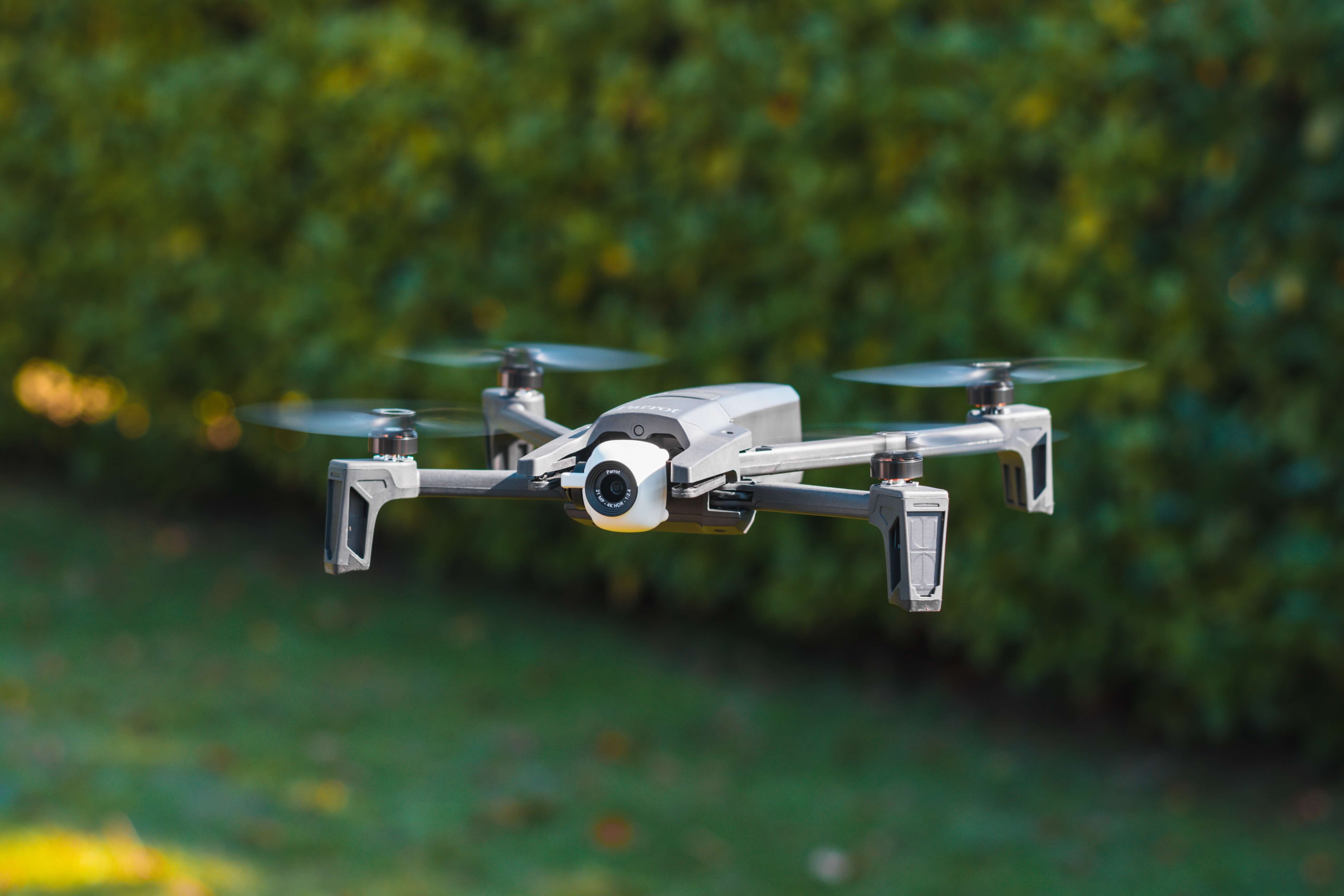
What Is The Best Drone To Buy DJI ?
Choosing the best DJI drone depends on your specific needs, preferences, and budget. DJI offers a range of high-quality drones for different purposes, from professional filmmaking to recreational flying. Here are some popular DJI drones known for their exceptional features:
- DJI Mavic 2 Pro: This drone is often regarded as one of the best all-around drones. It features a Hasselblad camera with a 1-inch CMOS sensor, offering excellent image quality with 20-megapixel photos and 4K video recording. It also has a 10-bit Dlog-M color profile for professional post-processing flexibility. The Mavic 2 Pro is known for its compact size, long flight time, obstacle avoidance sensors, and advanced flight modes.
- DJI Phantom 4 Pro V2.0: Considered a professional-grade drone, the Phantom 4 Pro V2.0 is equipped with a 20-megapixel camera and a 1-inch CMOS sensor. It supports 4K/60fps video recording and offers a wide range of intelligent flight modes, making it suitable for aerial photography and videography professionals. It also features obstacle avoidance sensors and a longer flight time compared to some other models.
- DJI Inspire 2: If you're looking for a high-end drone for professional filmmaking, the Inspire 2 is a top choice. It supports interchangeable cameras and can record up to 6K video using the Zenmuse X7 camera. It offers advanced flight features, such as dual battery redundancy for longer flight times, obstacle sensing, and intelligent flight modes. The Inspire 2 is designed for professional use and offers exceptional performance and image quality.
- DJI FPV: If you're interested in a first-person-view (FPV) drone for an immersive flight experience, the DJI FPV is worth considering. It combines the thrill of high-speed flight with real-time video transmission. The DJI FPV drone features a 4K camera, a super-wide field of view, and a robust flight system that includes advanced safety features. It's designed for FPV enthusiasts and offers an engaging and unique flying experience.
Ultimately, the "best" DJI drone depends on your specific requirements and use cases. Consider factors such as your skill level, intended use (photography, videography, recreational flying), portability, camera quality, flight time, and budget. Researching and comparing the features and specifications of different DJI models will help you find the drone that best suits your needs.
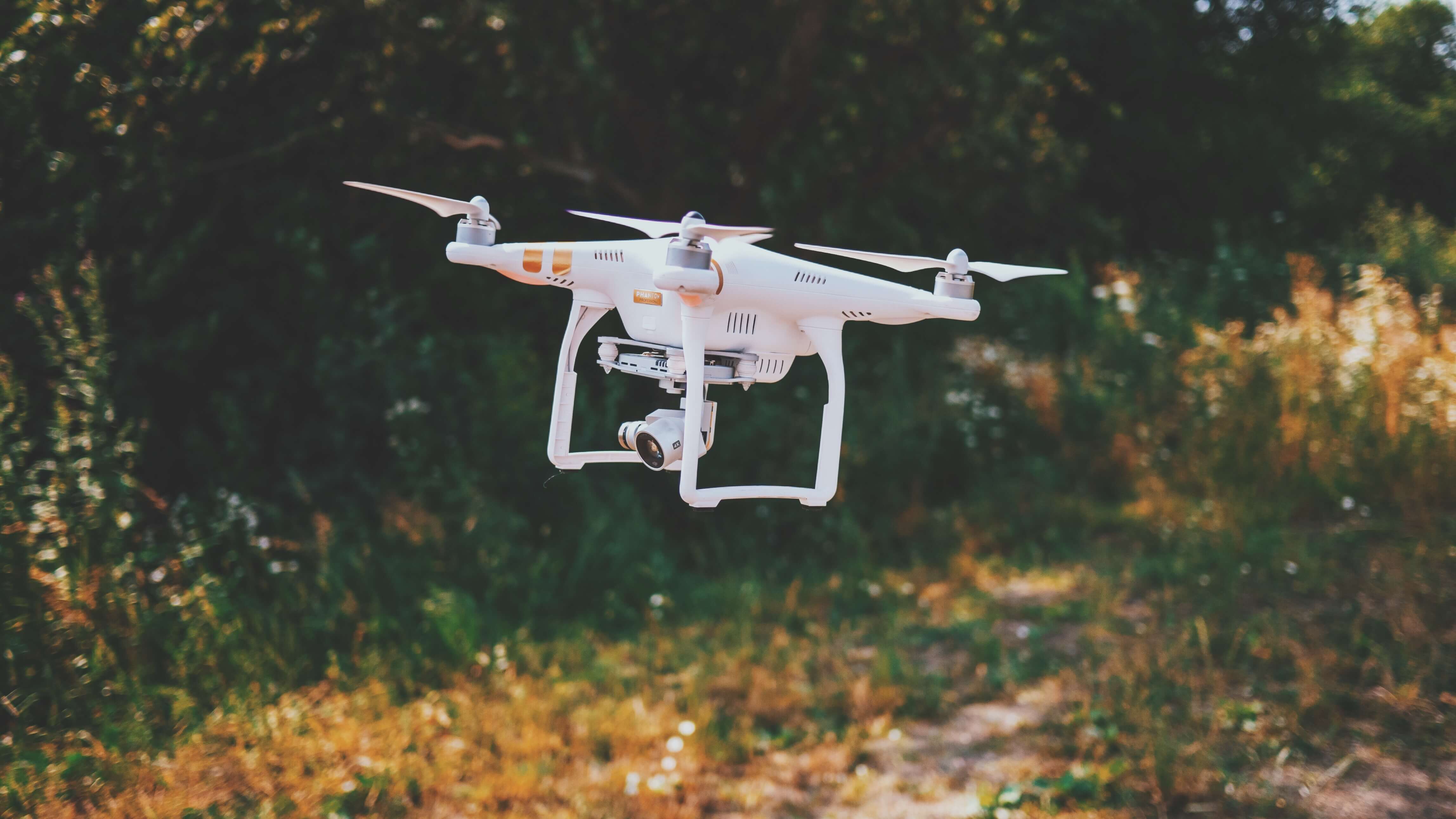
Are DJI Drones Illegal In The US
DJI drones are not illegal in the United States. In fact, DJI is a well-known and reputable brand that offers drones widely used by both consumers and professionals. However, there are regulations and guidelines set by the Federal Aviation Administration (FAA) that drone operators must follow to ensure safe and responsible drone usage. Here are some key points to consider:
- Registration: All drones weighing between 0.55 pounds (250 grams) and 55 pounds (25 kilograms) must be registered with the FAA. This includes most consumer-grade DJI drones.
- Remote ID: Starting September 16, 2023, all drones that require registration must have a Remote ID system that allows the drone to transmit identification information during flight. DJI drones comply with this requirement.
- FAA Part 107: Commercial drone operators are required to obtain a remote pilot certificate under FAA Part 107 regulations. This involves passing a knowledge test and adhering to specific operating rules.
- Fly in Controlled Airspace: Certain areas, such as near airports, military bases, and national parks, have restricted airspace where drone flight is regulated or prohibited. Drone operators must check and follow airspace regulations using tools like the FAA's B4UFLY app or the AirMap app.
- Flight Restrictions: Drone flights must adhere to certain restrictions, including flying under 400 feet above ground level, maintaining visual line of sight with the drone, and avoiding flying over people, moving vehicles, or emergency response efforts.
It's important for drone operators to familiarize themselves with the FAA regulations and guidelines to ensure safe and legal drone operations. Failure to comply with these regulations can result in fines or other legal consequences. Additionally, state and local authorities may have their own specific drone regulations, so it's advisable to check those as well.
It's worth noting that drone regulations can change, and it's always recommended to stay updated with the latest information from the FAA or consult local authorities for specific regulations in your area.
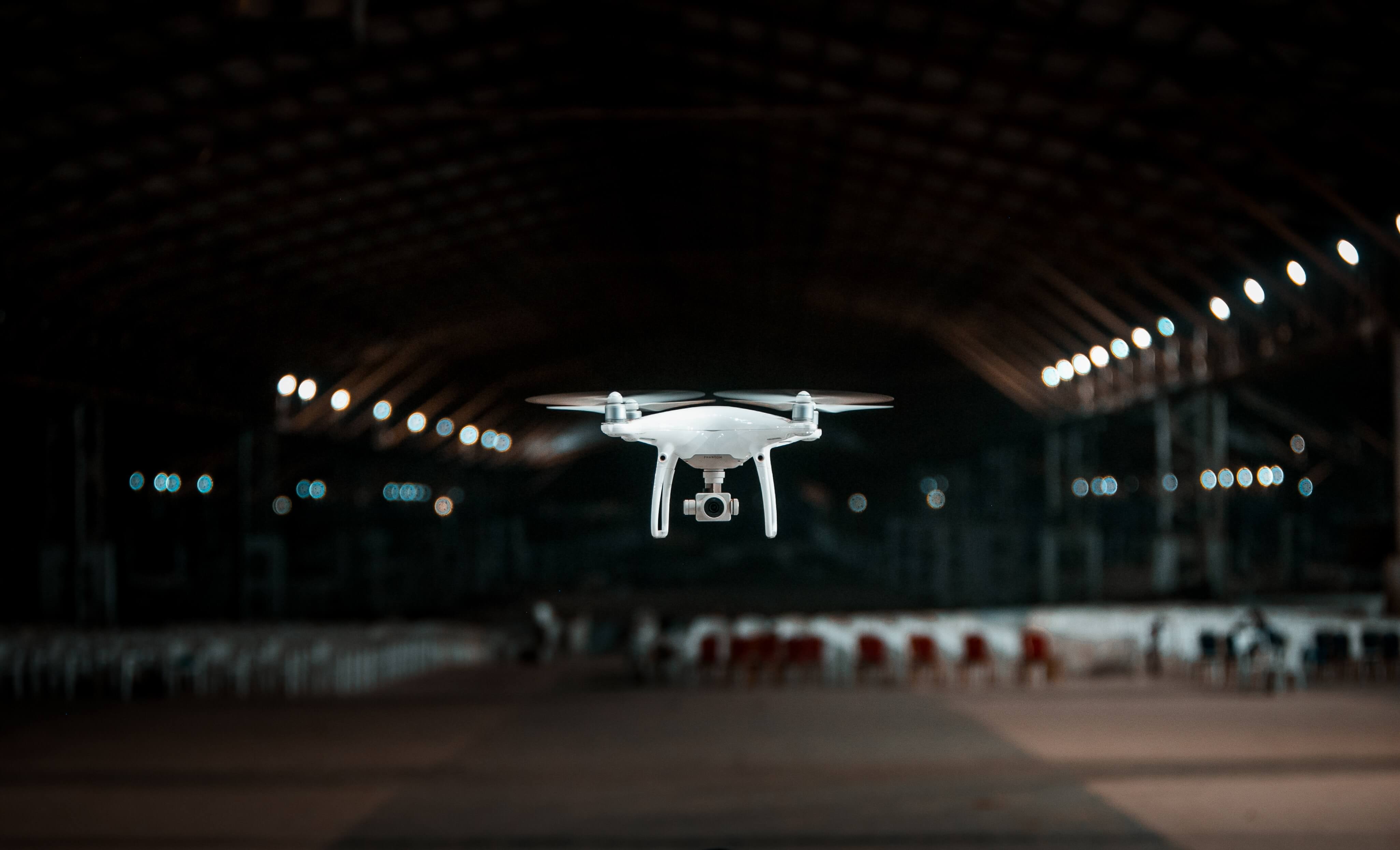
What Is A Very Good Drone To Buy ?
Choosing a "very good" drone depends on your specific needs, preferences, and budget. However, I can provide you with information about some highly regarded drones known for their excellent features and performance:
- DJI Mavic Air 2: This drone strikes a good balance between portability, affordability, and advanced features. It boasts a 48-megapixel camera capable of 4K/60fps video recording, providing high-quality aerial footage. It has a maximum flight time of up to 34 minutes and features obstacle avoidance sensors, intelligent flight modes, and a range of creative shooting options.
- DJI Mavic 2 Pro: If you prioritize camera quality, the Mavic 2 Pro is a top choice. It features a Hasselblad camera with a 1-inch CMOS sensor, offering stunning 20-megapixel photos and 4K video recording. The adjustable aperture allows for better control over depth of field, and it supports advanced features like Hyperlapse and ActiveTrack 2.0.
- Autel EVO II: This drone offers impressive specs and versatility. It features an 8K camera that can record 48-megapixel stills and supports 4K video at 60fps. The EVO II has a flight time of up to 40 minutes and a range of intelligent flight modes. Its foldable design makes it portable and easy to transport.
- Skydio 2: If autonomous flying and obstacle avoidance are important to you, the Skydio 2 is worth considering. It's equipped with advanced AI-powered vision sensors that allow it to navigate and avoid obstacles in complex environments. It has a 12-megapixel camera capable of recording 4K video and offers features like cinematic modes and tracking capabilities.
- DJI Phantom 4 Pro V2.0: If you need a professional-grade drone with a powerful camera, the Phantom 4 Pro V2.0 is a solid choice. It features a 20-megapixel camera with a 1-inch CMOS sensor, capable of recording 4K/60fps video. It offers obstacle sensing, intelligent flight modes, and a robust flight system.
These are just a few examples of highly regarded drones on the market. It's important to consider factors such as camera quality, flight time, range, intelligent flight modes, portability, and budget when choosing a drone. Additionally, always check for the latest models and compare their specifications and features to find the best drone that suits your specific needs.
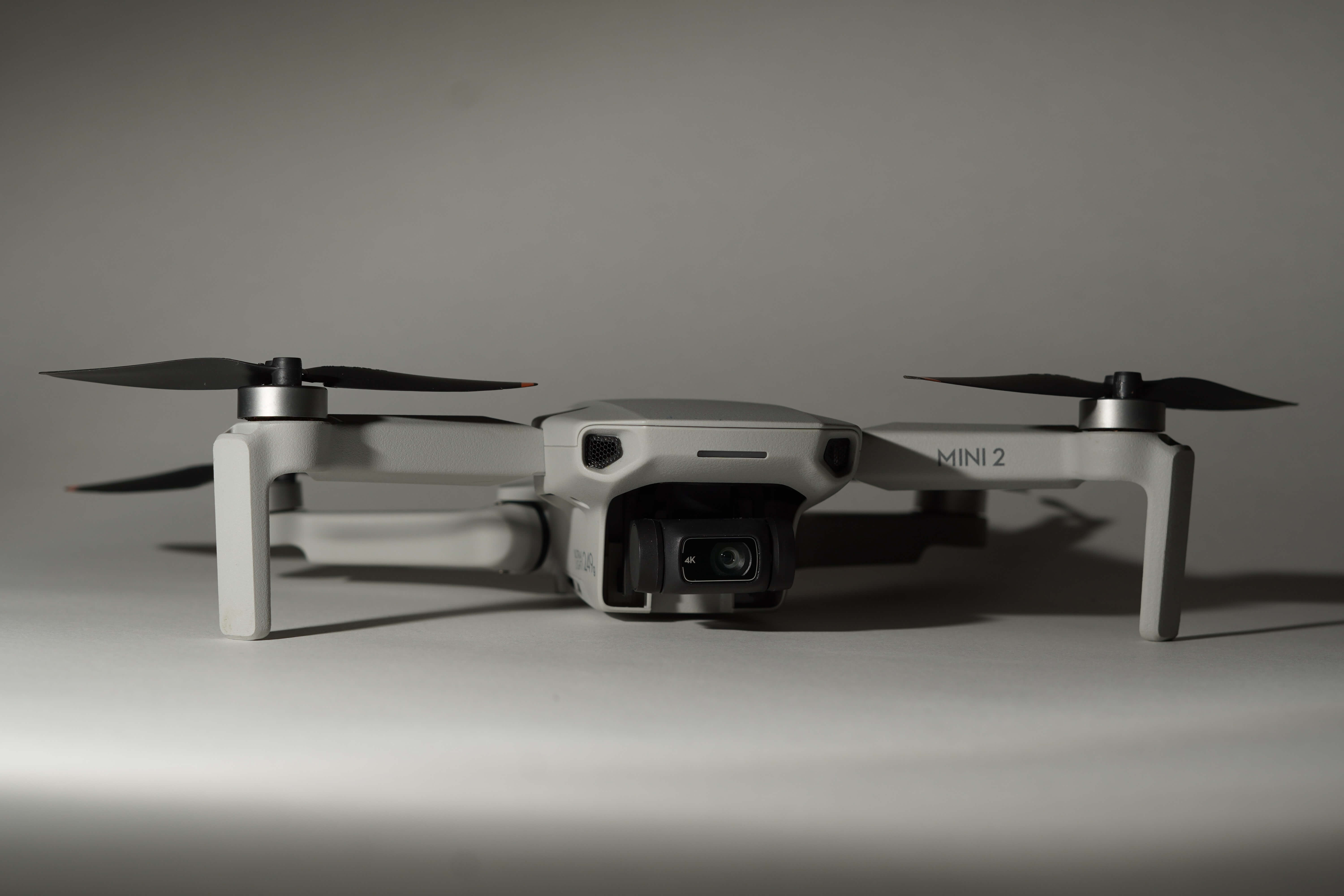
What Is The Most Affordable DJI Drone ?
One of the most affordable DJI drones available is the DJI Mini 2. Here are the details about this drone:
DJI Mini 2: The DJI Mini 2 is a compact and lightweight drone designed for beginners and recreational users. It offers a good balance between affordability, portability, and performance. Here are its key features:
- Camera: The Mini 2 features a 12-megapixel camera capable of capturing high-resolution photos and recording up to 4K/30fps video. It also supports 1080p/60fps for smooth video footage.
- Gimbal Stabilization: It is equipped with a 3-axis motorized gimbal that provides stabilization for smooth and steady footage.
- Flight Performance: The Mini 2 offers a maximum flight time of up to 31 minutes, allowing for longer flights and more opportunities to capture footage. It has a maximum range of up to 10 kilometers (6.2 miles) and supports a maximum flight speed of 16 meters per second (36 mph).
- Portability: Weighing only 249 grams, the Mini 2 is lightweight and compact, making it easy to carry and transport. Its foldable design enhances portability, and it can easily fit into a small bag or pocket.
- Intelligent Features: The Mini 2 offers intelligent flight modes such as QuickShots, which are pre-programmed flight paths for capturing cinematic shots effortlessly. It also features GPS positioning, Return to Home function, and precise hovering capabilities.
- Remote Controller: The Mini 2 comes with a dedicated remote controller that provides a reliable connection with the drone and features a smartphone holder for live video transmission.
It's important to note that prices and availability can change over time, so it's recommended to visit the official DJI website or authorized retailers to get the most up-to-date information on pricing and any newer, more affordable models that might have been released since my knowledge cutoff.
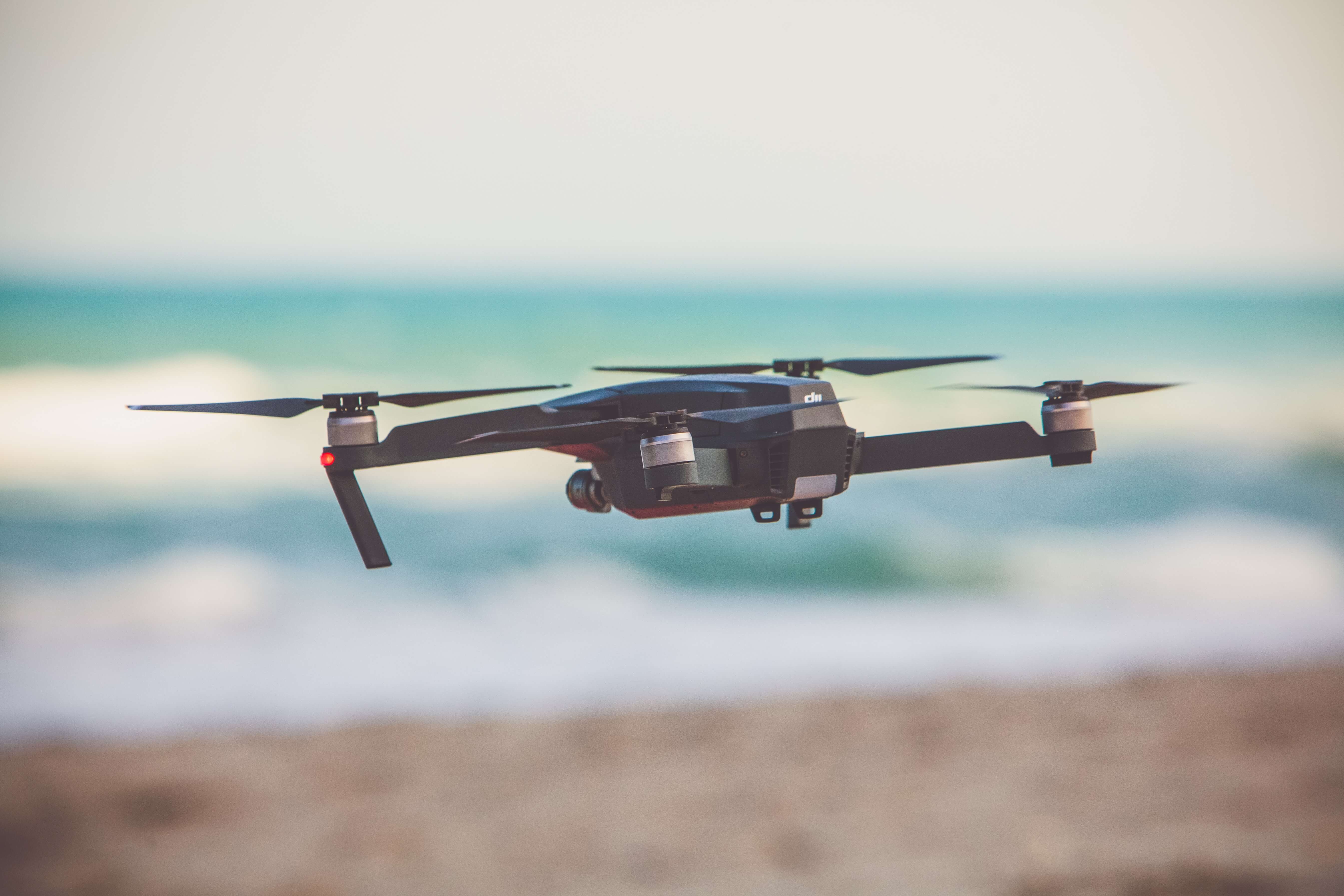
Which DJI Drone Can Fly The Longest ?
The DJI Mavic 2 series offers some of the longest flight times among DJI drones. Here are the details about the Mavic 2 drones and their flight times:
- DJI Mavic 2 Pro:
- Flight Time: The Mavic 2 Pro can fly for up to 31 minutes on a single battery charge. This flight time allows for extended periods of aerial photography or videography.
- DJI Mavic 2 Zoom:
- Flight Time: Similar to the Mavic 2 Pro, the Mavic 2 Zoom also offers a maximum flight time of up to 31 minutes. It provides ample time for capturing footage or exploring the sky.
It's worth noting that flight times can vary based on several factors, including flight conditions, payload weight, wind speed, and flying style. These flight times represent the manufacturer's specifications under optimal conditions.
To maximize the flight time of any drone, it's advisable to:
- Fully charge the drone's battery before flight.
- Fly in favorable weather conditions with minimal wind.
- Avoid excessive acceleration, aggressive maneuvers, or heavy payloads.
- Maintain an optimal altitude and avoid unnecessary ascent or descent.
Additionally, it's important to follow local regulations and guidelines regarding flight time limitations and battery usage.
For the most up-to-date information on DJI drone models and their flight times, I recommend visiting the official DJI website or checking with authorized retailers.
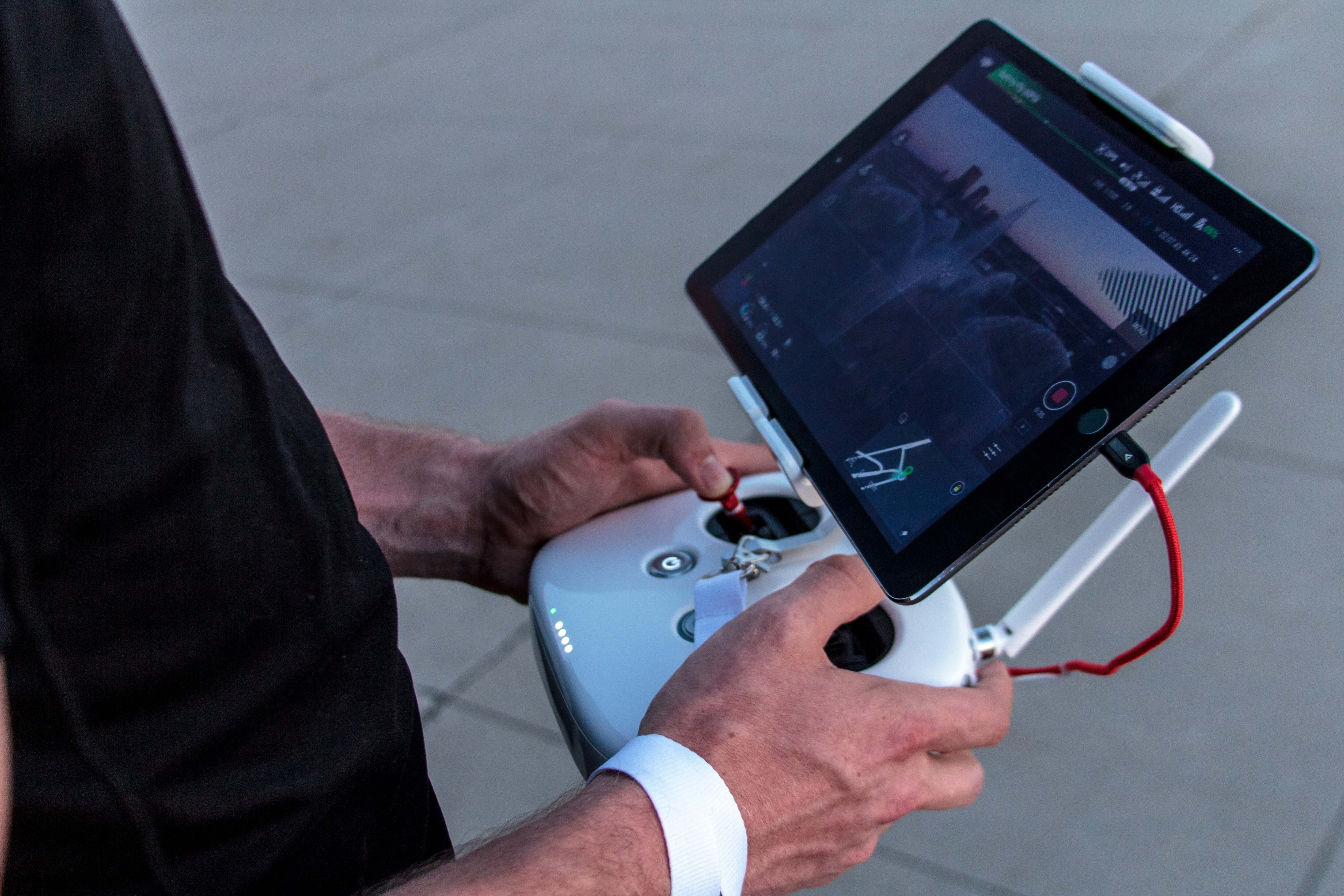
What Is The Best Drone Under $400 ?
There are several drones available under $400 that offer a good balance of features and performance. Here are a few options to consider:
- DJI Mini 2: The DJI Mini 2 is a compact and lightweight drone that provides impressive features at an affordable price point. It offers a 12-megapixel camera capable of recording up to 4K/30fps video, a 3-axis gimbal for stabilization, and a maximum flight time of up to 31 minutes. The Mini 2 also supports a range of intelligent flight modes and has a reliable remote controller.
- Autel EVO Lite: The Autel EVO Lite is a budget-friendly drone that delivers a range of features. It features a 4K camera, a 3-axis stabilized gimbal, and a flight time of up to 30 minutes. The EVO Lite offers intelligent flight modes, GPS positioning, and a portable foldable design.
- Hubsan Zino Pro: The Hubsan Zino Pro is an affordable drone that offers a 4K camera, a 3-axis gimbal, and a flight time of up to 23 minutes. It has built-in GPS, intelligent flight modes, and an impressive transmission range of up to 4 kilometers (2.5 miles).
- Potensic D88: The Potensic D88 is a feature-packed drone at an affordable price. It features a 2K camera, a 3-axis gimbal, and a flight time of up to 20 minutes. The D88 offers GPS positioning, intelligent flight modes, and a portable design.
When selecting a drone under $400, it's important to consider your specific needs, such as camera quality, flight time, range, stability, and intelligent flight modes. Additionally, it's recommended to read reviews and compare the specifications of different models to find the one that best fits your requirements and budget.
Please note that drone prices and availability can change over time, so it's always a good idea to check the latest pricing and availability from retailers or the manufacturers' websites.
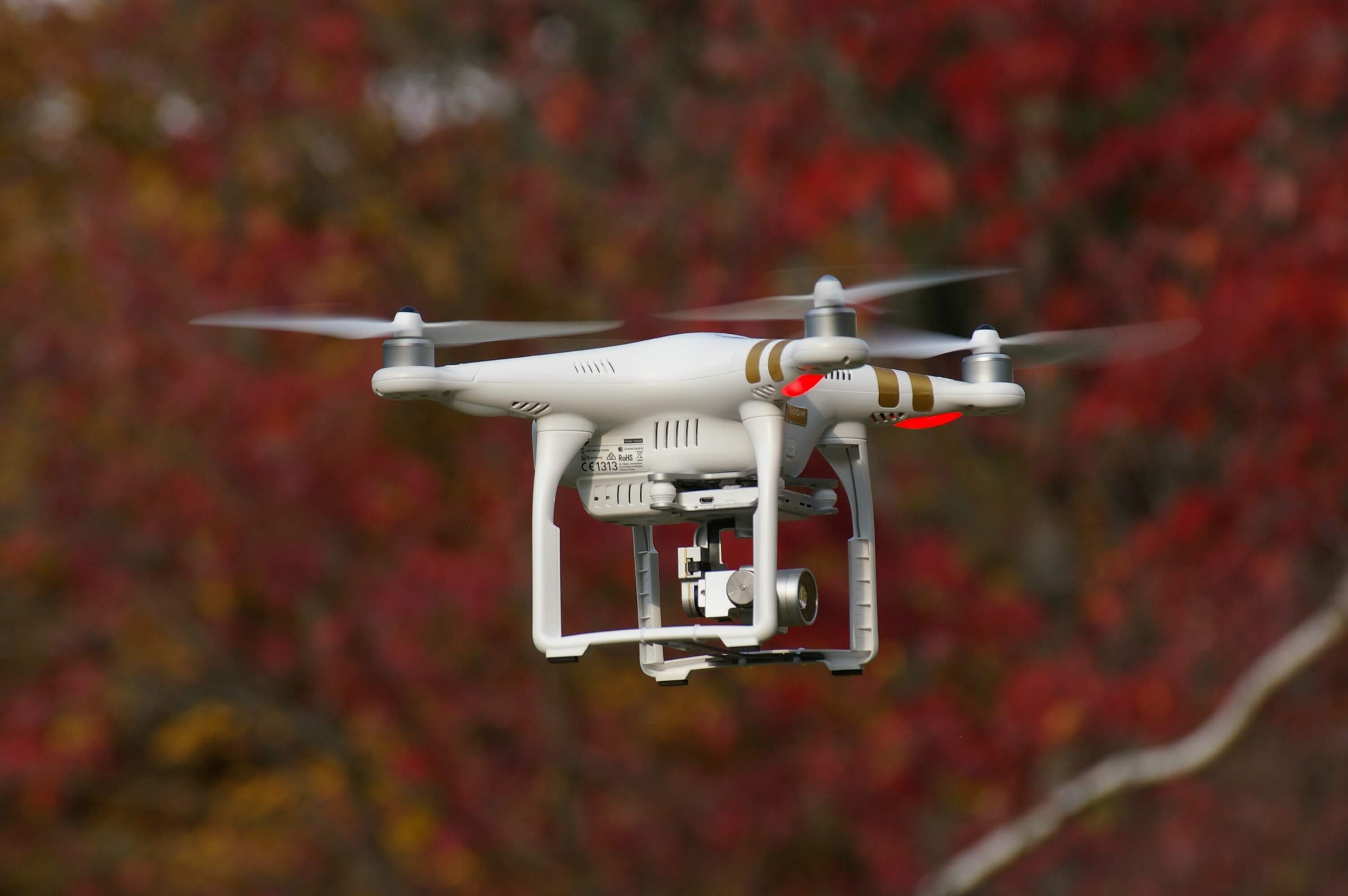
Can The FAA Track Your Drone ?
The Federal Aviation Administration (FAA) does not have a real-time tracking system to monitor individual drones. However, they have implemented regulations and requirements for drone operators to ensure safe and responsible drone operations. Here are some key points regarding the FAA's tracking capabilities:
- Drone Registration: The FAA requires all drones weighing between 0.55 pounds (250 grams) and 55 pounds (25 kilograms) to be registered. When registering a drone, the operator provides their contact information and the drone's serial number. This registration helps the FAA identify the owner of a drone if necessary.
- Remote ID: Starting September 16, 2023, drones that require registration must comply with the Remote ID rule. Remote ID allows for identification and tracking of drones during flight. Drones are required to transmit identification information, including their location, to a Remote ID system that can be accessed by authorized parties such as law enforcement or the FAA. This information, however, is not available in real-time to the general public.
- Air Traffic Control: In certain controlled airspace, such as near airports, drone operators are required to coordinate their flights with air traffic control (ATC) facilities. ATC has the capability to monitor airspace and communicate with manned aircraft and drone operators to ensure safe operations.
- Investigation and Enforcement: If a drone is involved in a violation or incident, the FAA may investigate the matter. They have the authority to request records and information from drone operators, manufacturers, or other relevant parties. In case of serious safety or security concerns, law enforcement agencies may collaborate with the FAA for investigations.
It's important to note that while the FAA has regulations in place to ensure safe drone operations, their tracking capabilities are not constant and do not provide real-time tracking of individual drones for general surveillance purposes. The focus is primarily on safety, compliance, and incident investigations.
As drone technology advances, regulations may evolve to address the challenges and needs of airspace management and safety. It's always recommended to stay updated with the latest FAA regulations and guidelines to ensure compliance with the rules for responsible drone operations.
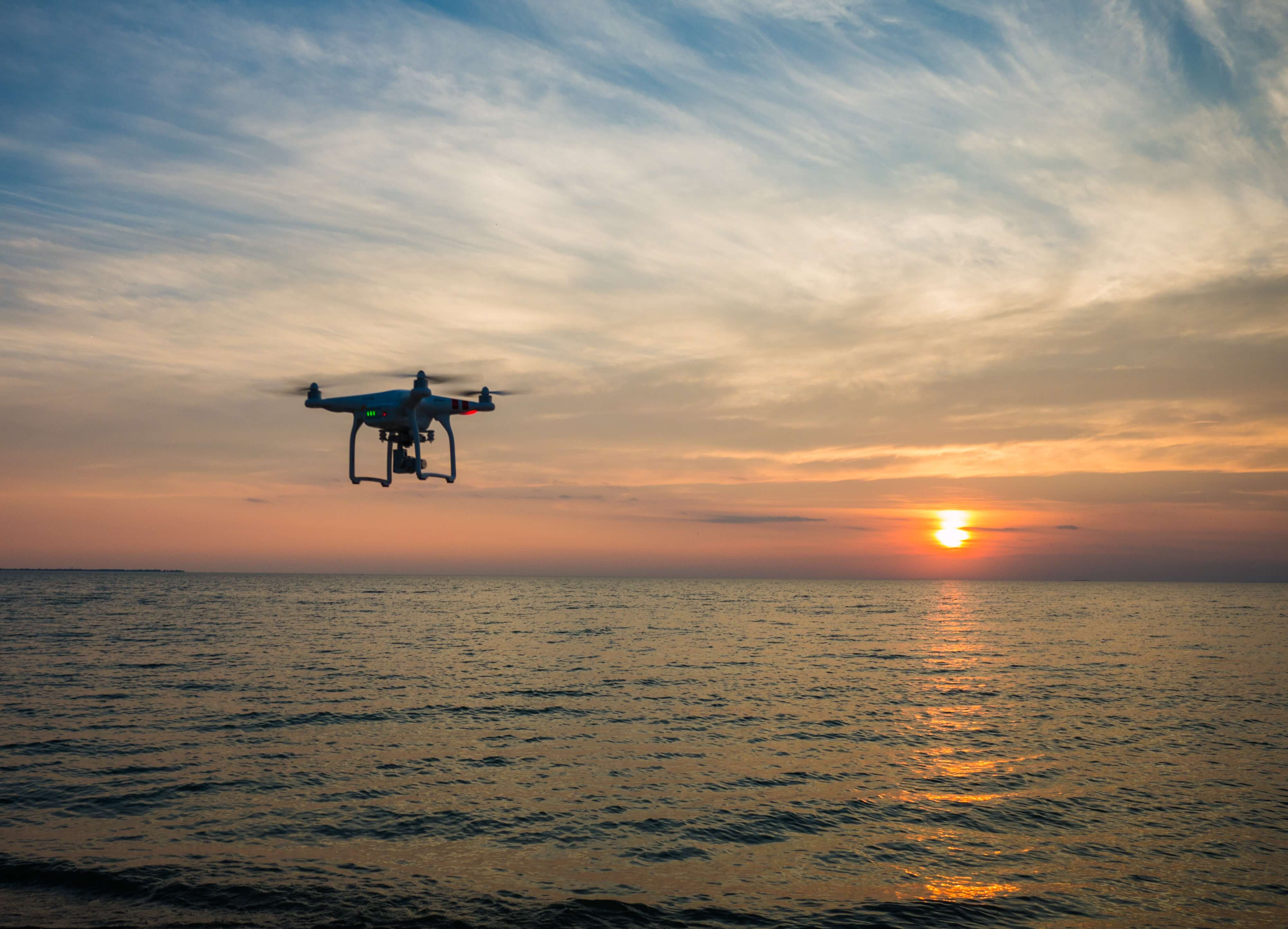
Can I Fly A DJI Drone In My House ?
Flying a DJI drone inside your house is possible, but it's important to take several factors into consideration to ensure safety and avoid potential damage. Here are some details to keep in mind:
- Space: Ensure that you have a large enough indoor space to safely operate the drone. The recommended minimum space is typically around 10 feet by 10 feet (3 meters by 3 meters) or larger. Clear any fragile or valuable items from the flying area to prevent accidents or damage.
- Obstacles: Be mindful of obstacles such as walls, furniture, and ceiling fans that can obstruct the drone's flight path or cause collisions. It's advisable to create a clear and obstacle-free flight area indoors.
- Lighting: Adequate lighting is crucial for maintaining good visibility when flying indoors. Ensure that the indoor area is well-lit, or consider using additional lighting sources if needed.
- Propeller Guards: Some DJI drone models, such as the DJI Mini 2, offer optional propeller guards. These guards can help protect the propellers and minimize potential damage to objects or people if accidental contact occurs.
- Flight Modes: DJI drones often offer specialized flight modes for indoor use, such as Tripod Mode or Precision Landing. These modes can help enhance stability and control in confined spaces.
- Wi-Fi Interference: Be aware that flying a DJI drone indoors may involve potential interference from Wi-Fi signals or other electronic devices. It's important to ensure a stable connection between the drone and the remote controller to maintain control and avoid connectivity issues.
Always refer to the specific drone's user manual and follow the manufacturer's guidelines and safety instructions for indoor flying. Additionally, check for any local regulations or restrictions regarding indoor drone flights.
Keep in mind that flying a drone indoors poses different challenges compared to outdoor flights, and it may require additional caution and practice. It's recommended to gain experience flying outdoors in open areas before attempting indoor flights with a DJI drone.
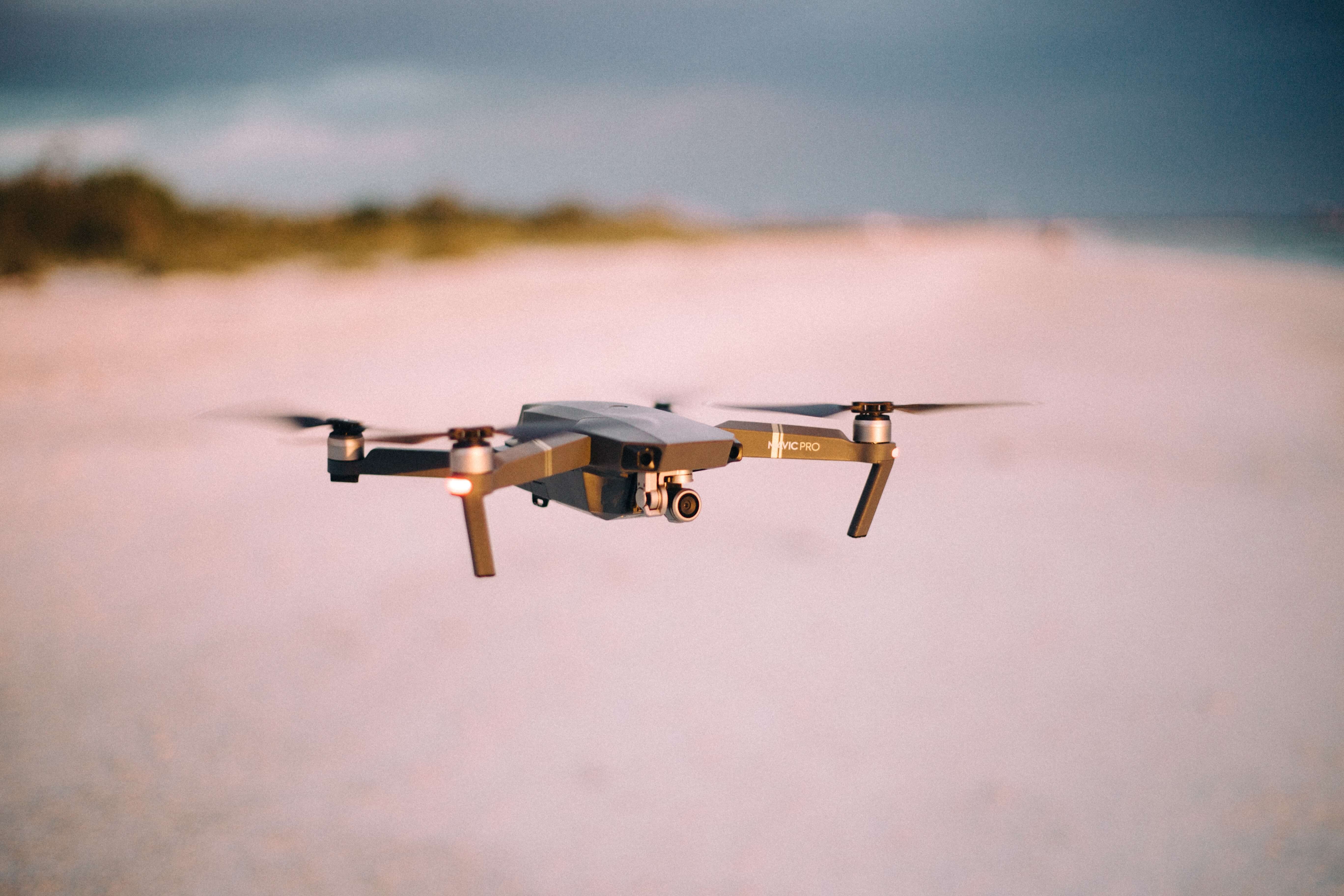
How Much Should You Pay For A Good Drone ?
The price range for a good drone can vary depending on several factors, including the brand, model, features, camera quality, flight performance, and intended use. Here is a breakdown of the general price ranges you can expect for different types of drones:
- Entry-Level Drones: Entry-level drones are typically designed for beginners or recreational users. They offer basic features and functionality. Prices for entry-level drones can range from around $50 to $300.
- Mid-Range Drones: Mid-range drones offer a better balance between price and features. They often come with improved camera quality, longer flight times, more advanced flight modes, and enhanced stability. Prices for mid-range drones typically range from $300 to $800.
- Professional-Grade Drones: Professional-grade drones are designed for serious aerial photography, videography, or industrial applications. They offer top-tier camera systems, advanced flight capabilities, longer flight times, and professional-grade features. Prices for professional-grade drones can range from $800 to several thousand dollars, depending on the specific model and its capabilities.
It's important to note that these price ranges are general estimates, and there may be exceptions or variations within each category. Additionally, prices for drones can change over time as new models are released and technology advances. It's always recommended to research and compare different models, read reviews, and consider your specific needs and budget when determining how much to pay for a good drone.
Remember that investing in a higher-quality drone often comes with benefits such as improved camera capabilities, flight stability, intelligent flight modes, longer battery life, and better build quality. However, it's crucial to find a balance between your budget and the features that align with your intended use and requirements.
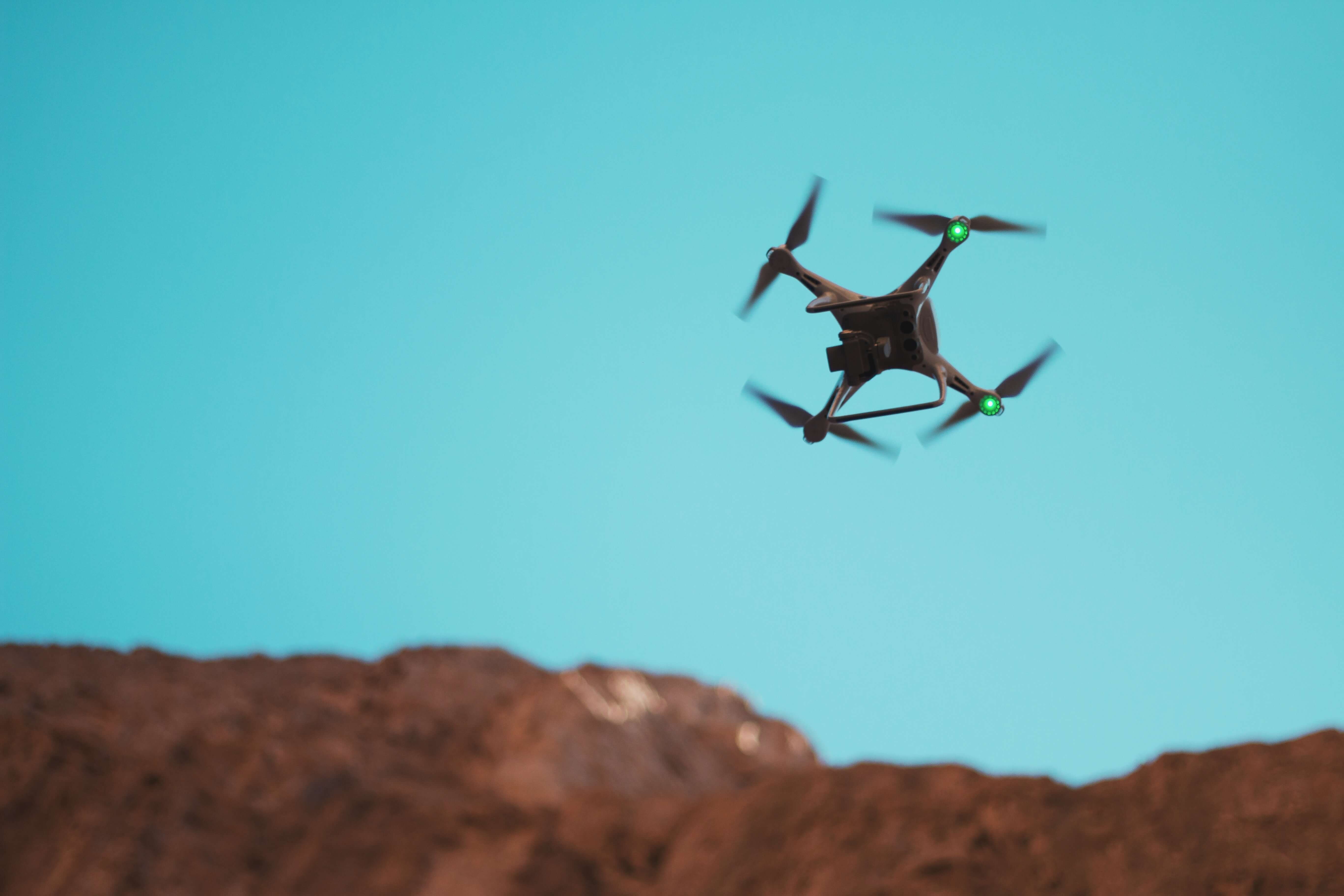
What Is The Best Value For Money Drone For Beginners ?
For beginners seeking the best value for money, the DJI Mini 2 is often considered an excellent choice. Here are the details on why it offers good value:
- Affordability: The DJI Mini 2 is competitively priced, making it accessible to beginners who want a quality drone without breaking the bank.
- Compact and Portable: The Mini 2 is incredibly lightweight, weighing only 249 grams. Its small size and foldable design make it highly portable, allowing you to easily carry it with you wherever you go.
- Camera Quality: Despite its compact size, the Mini 2 features a 12-megapixel camera capable of capturing high-resolution photos and recording up to 4K/30fps video. The 3-axis motorized gimbal provides stable footage, ensuring your aerial shots are smooth and professional-looking.
- Flight Performance: The Mini 2 offers an impressive flight time of up to 31 minutes on a single battery charge, giving beginners ample time to practice and capture footage. It has a maximum range of up to 10 kilometers (6.2 miles), providing a wide coverage area for exploration.
- Safety Features: DJI has implemented several safety features into the Mini 2, including GPS positioning, altitude control, and geofencing to help prevent flyaways and ensure safer flights for beginners.
- Easy to Fly: The Mini 2 is designed with beginners in mind, offering intuitive flight controls and a user-friendly interface. It also supports intelligent flight modes such as QuickShots, making it easy to capture cinematic shots without requiring advanced piloting skills.
- Remote Controller: The Mini 2 comes with a dedicated remote controller that provides a reliable and responsive connection with the drone. The controller features a mount for your smartphone, allowing you to view a live feed of what the drone sees.
Overall, the DJI Mini 2 offers an excellent combination of affordability, portability, camera quality, flight performance, and user-friendly features, making it a highly recommended drone for beginners who want a great value for their money.
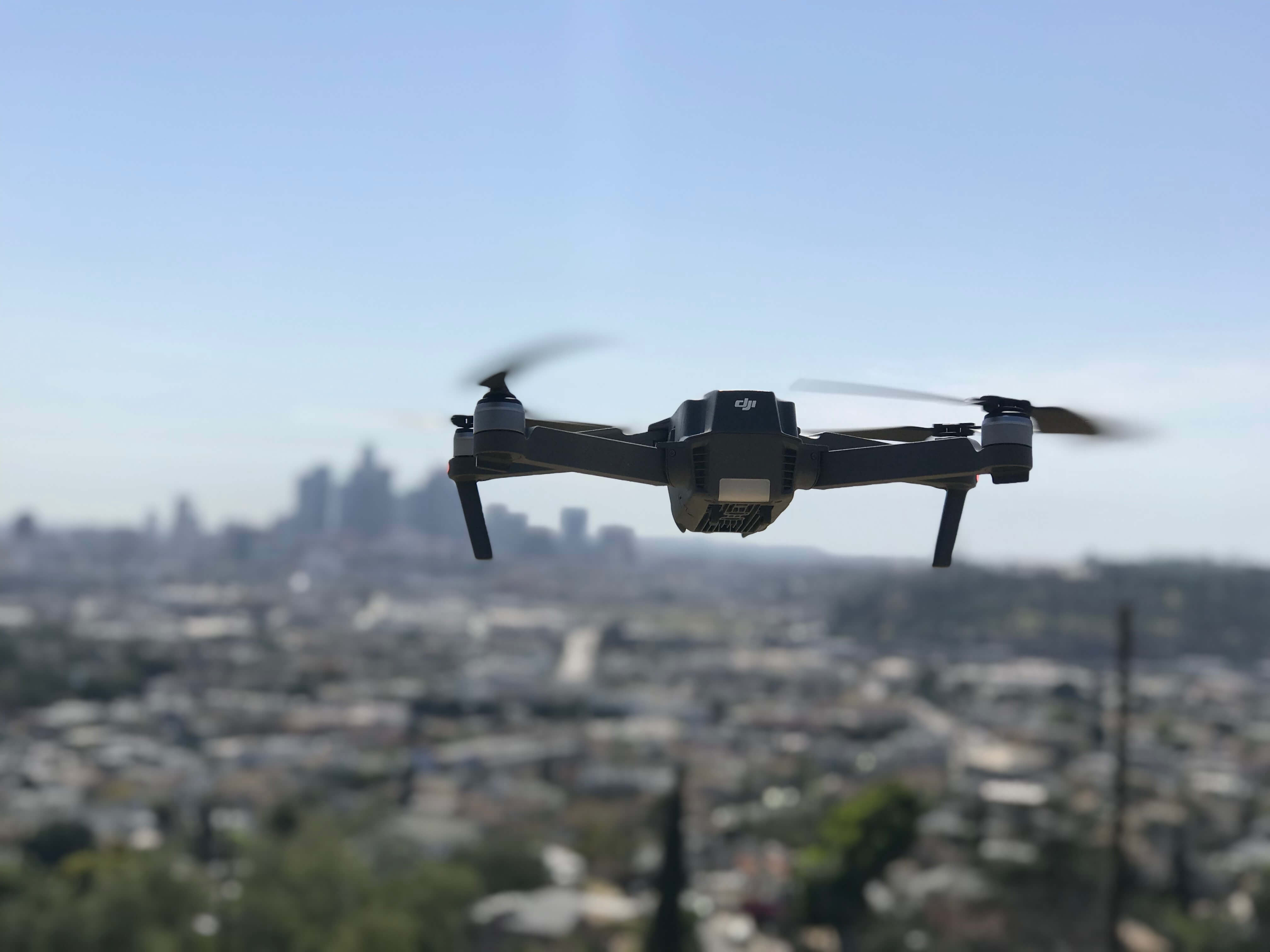
Who Is The No 1 Drone Service Provider ?
It is challenging to identify a definitive "No. 1" drone service provider, as the industry is diverse and rapidly evolving. However, I can mention a few prominent drone service providers known for their capabilities and industry presence:
- DJI Enterprise: DJI, a leading drone manufacturer, has an Enterprise division that offers a range of drone solutions for various industries, including agriculture, construction, public safety, and more. They provide hardware, software, and services tailored to specific industry needs.
- PrecisionHawk: PrecisionHawk is a company that focuses on providing advanced drone-based solutions for industries such as agriculture, energy, and infrastructure. They offer services like aerial surveying, mapping, and data analysis to support decision-making processes.
- Kespry: Kespry specializes in drone-based solutions for industries like mining, aggregates, construction, and insurance. Their services include aerial data collection, mapping, and analytics to enable better operational efficiency and decision-making.
- Measure: Measure is a drone service provider that caters to various industries such as energy, infrastructure, and public safety. They offer end-to-end solutions, including drone deployment, data capture, analysis, and reporting.
- Airware: Airware focuses on providing enterprise drone solutions for industries like construction, mining, and insurance. Their services include aerial data collection, analytics, and workflow management to optimize operations.
It's worth noting that the drone service provider landscape is dynamic, and new companies and technologies continue to emerge. The "No. 1" provider may vary depending on specific industries, geographical regions, or the particular services required. Therefore, it is advisable to research and evaluate service providers based on your specific needs, project requirements, and local expertise.
Please note that the information provided is based on the state of the industry up until my knowledge cutoff in September 2021, and there may have been changes or advancements since then.
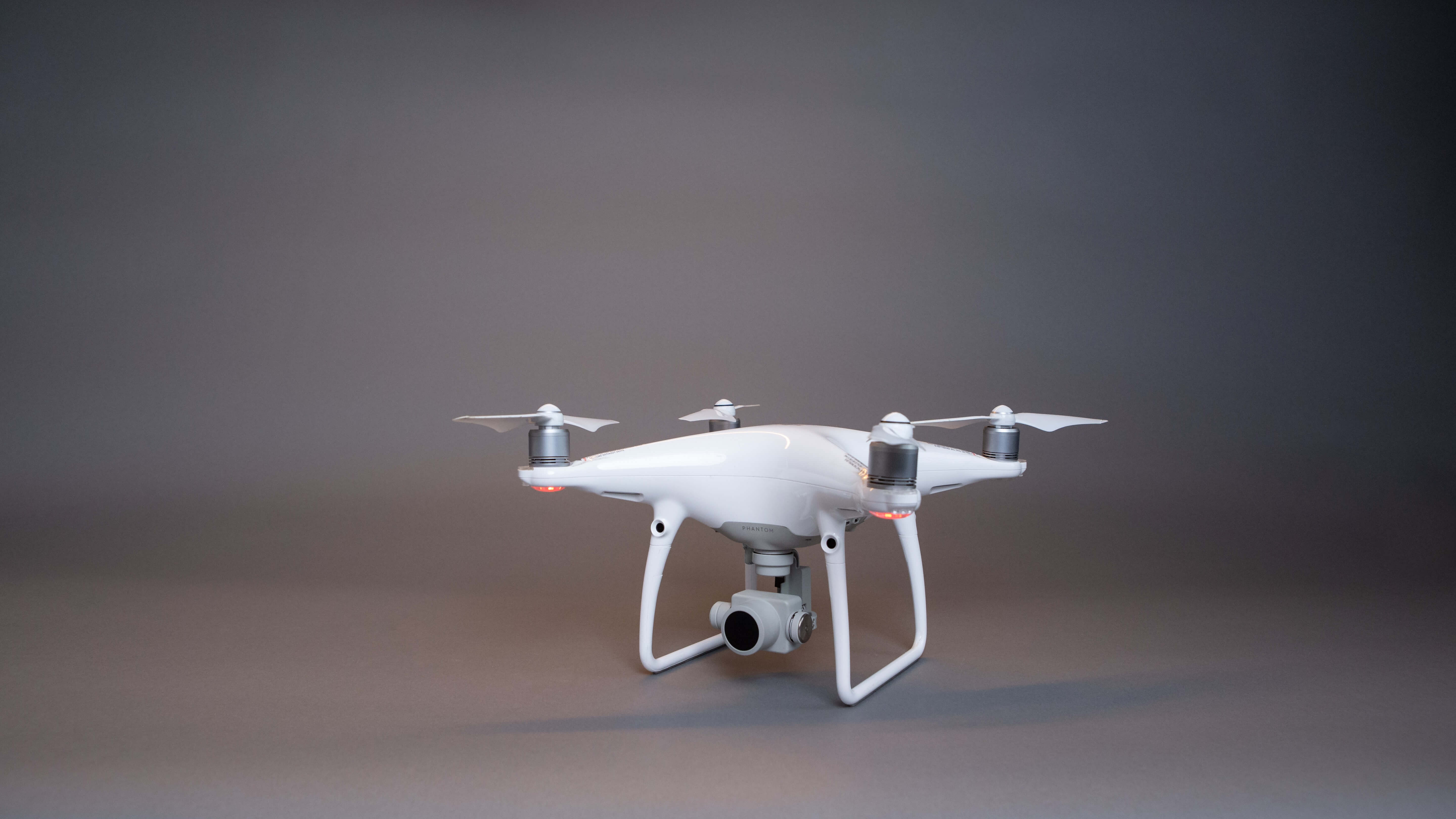
Does Anyone Make Drones As Good ?
While DJI is widely recognized as a leader in the consumer and professional drone market, there are several other companies that manufacture drones known for their quality and performance. Here are a few notable drone manufacturers that offer drones comparable to DJI:
- Autel Robotics: Autel Robotics produces drones that compete with DJI in terms of features and performance. Their flagship model, the Autel EVO II, offers impressive specifications, including a 6K camera, 40-minute flight time, obstacle avoidance, and intelligent flight modes.
- Parrot: Parrot is a well-known drone manufacturer that offers a range of consumer and professional drones. Their ANAFI series, such as the ANAFI and ANAFI Thermal, provide high-quality cameras, compact designs, and advanced features.
- Skydio: Skydio specializes in autonomous drones that excel in obstacle avoidance and tracking capabilities. Their flagship model, the Skydio 2, offers advanced AI-powered flight features and a high-quality camera.
- Yuneec: Yuneec is known for producing drones with advanced camera systems and stable flight performance. Their Typhoon H Pro series is a direct competitor to DJI's Phantom series, offering professional-grade features.
- Auterion: Auterion focuses on providing open-source drone solutions for enterprise and industrial applications. They offer hardware, software, and operating systems that cater to specific industry needs.
It's important to note that the quality and performance of drones can vary depending on the specific model and its intended use. While DJI has a strong market presence, competition is continually driving innovation and advancements from other manufacturers. It's always recommended to research and compare different models from various manufacturers to find the drone that best suits your needs and preferences.
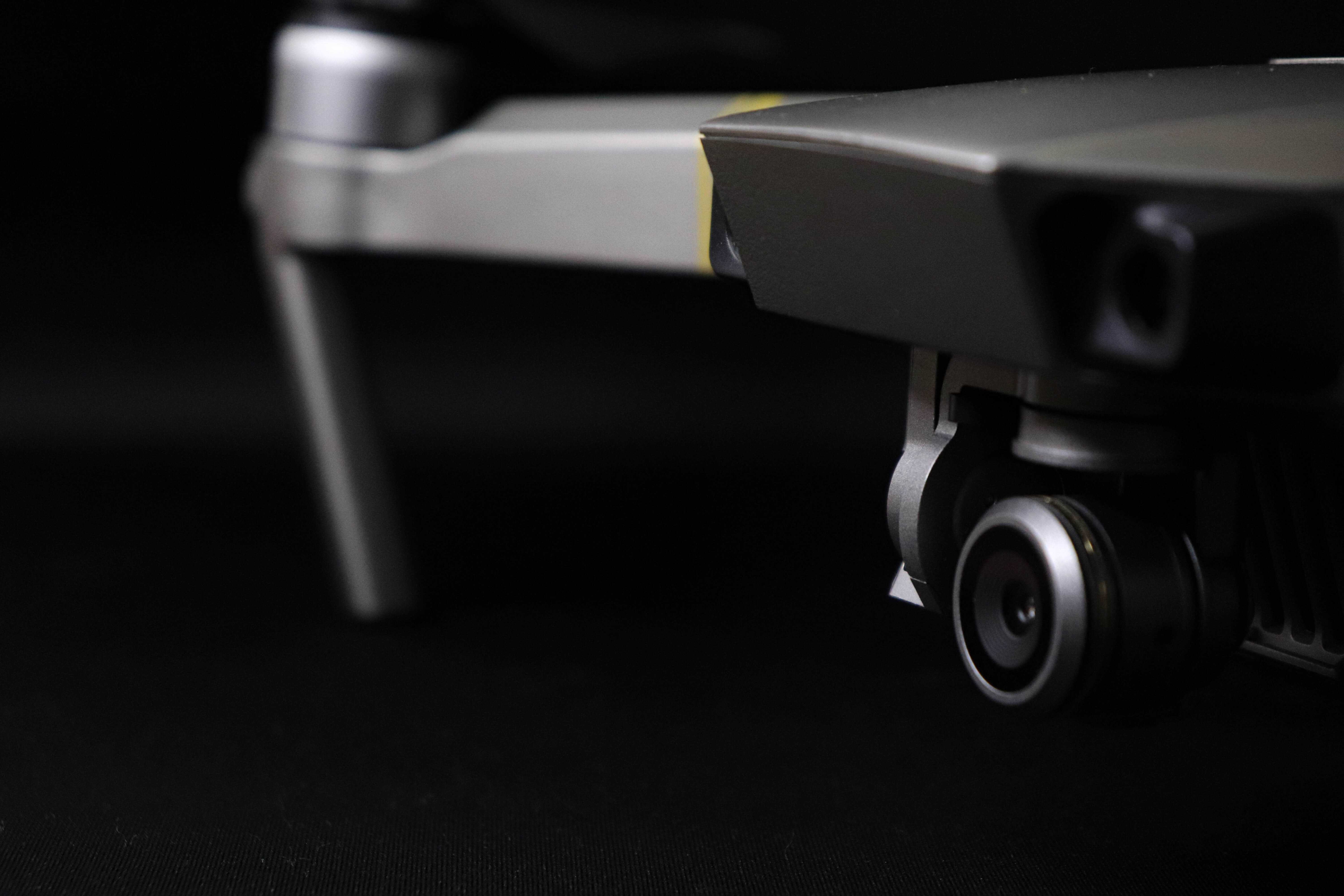
Why Are DJI So Expensive ? 10 Reasons
There are several factors that contribute to the higher cost of DJI drones compared to some other drone brands. Here are 10 reasons why DJI drones can be relatively expensive:
- Advanced Technology: DJI invests heavily in research and development to incorporate cutting-edge technology into their drones. They integrate high-quality cameras, advanced flight control systems, obstacle avoidance sensors, and other features that enhance performance and user experience.
- Camera Quality: DJI drones are known for their exceptional camera quality. They often utilize high-resolution sensors, advanced optics, and stabilization systems to deliver professional-grade imagery and video recording capabilities.
- Flight Performance: DJI drones typically offer impressive flight performance with stable and smooth flight characteristics. They often feature advanced flight control systems, precise GPS positioning, and intelligent flight modes that enhance the flying experience.
- Build Quality: DJI emphasizes the use of premium materials and durable construction in their drones, ensuring longevity and resistance to wear and tear. This focus on build quality contributes to the overall cost of the drones.
- Research and Development: DJI invests significantly in research and development to innovate and improve their drone technologies continuously. The costs associated with R&D activities, including testing and prototyping, are reflected in the pricing of their products.
- Brand Reputation: DJI has established itself as a leading and reputable brand in the drone industry. Their brand recognition and reputation for quality and performance contribute to the premium pricing of their products.
- Customer Support: DJI provides comprehensive customer support services, including warranty coverage, technical assistance, and software updates. These support services add value to their products but also contribute to the overall cost.
- Safety Features: DJI drones often incorporate advanced safety features such as obstacle avoidance sensors, intelligent flight modes, and geofencing systems. These features are designed to enhance flight safety and prevent accidents, but they come with additional development and manufacturing costs.
- Regulatory Compliance: DJI ensures that their drones comply with various regulations and requirements imposed by aviation authorities worldwide. Meeting these standards involves additional testing, certification, and compliance costs, which can impact the final price of the drones.
- Economy of Scale: Although DJI is a dominant player in the drone market, the economies of scale may not be as significant compared to other consumer electronics industries. Drone production volumes may be relatively lower, leading to higher manufacturing costs per unit.
It's important to note that while DJI drones can be more expensive compared to some other brands, they often offer a superior combination of features, performance, and build quality. Ultimately, the pricing reflects the value proposition and the investment DJI makes in providing a top-tier drone experience.
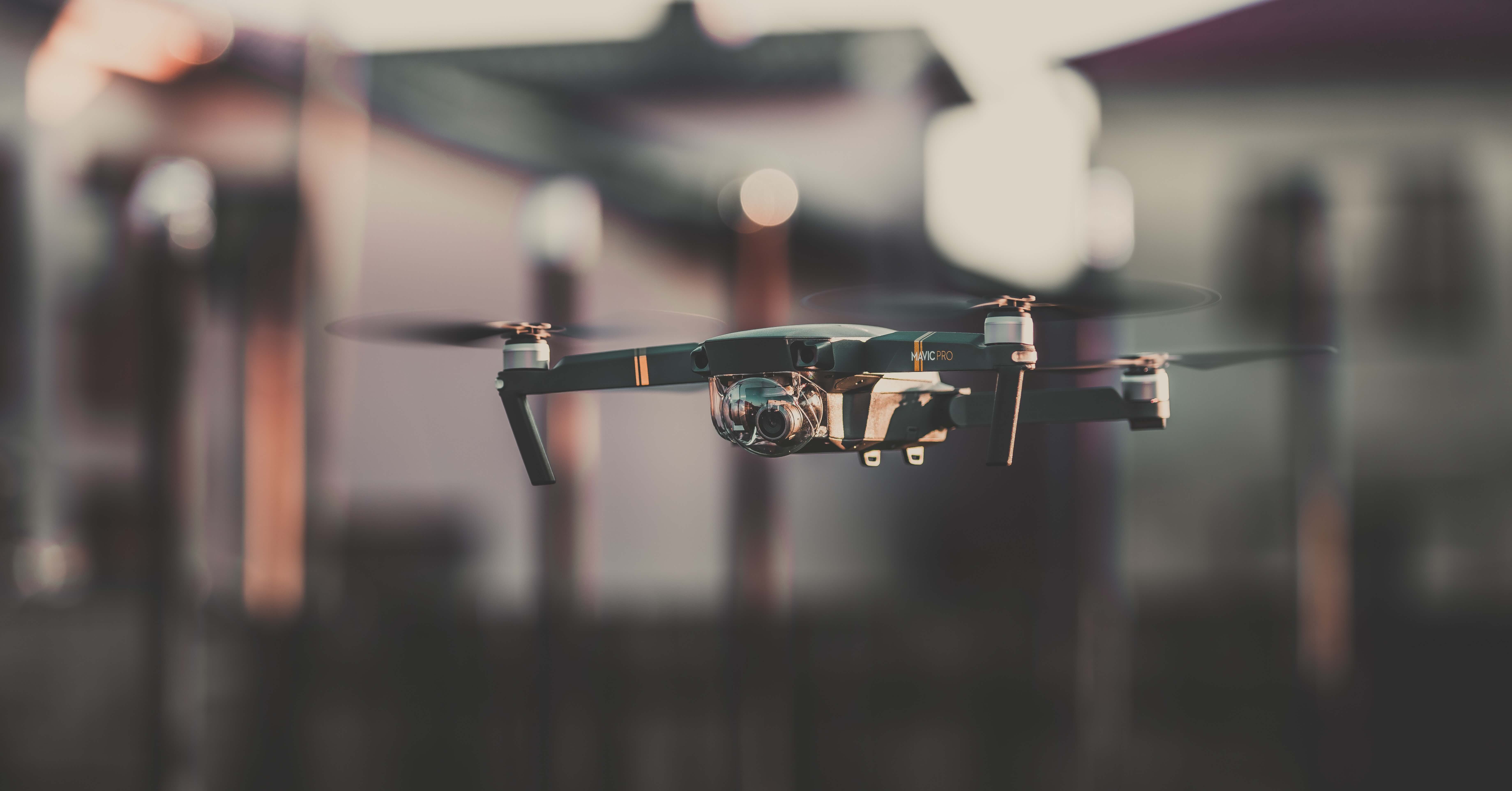
What Is The Easiest Drone To Fly DJI ?
The DJI Mavic Mini is often considered one of the easiest drones to fly from DJI's lineup. Here are the details about why it is regarded as an easy-to-fly drone:
- Lightweight and Compact Design: The Mavic Mini weighs only 249 grams, which makes it lightweight and easy to handle. Its compact size allows for easy transport and storage.
- Beginner-Friendly Flight Modes: The Mavic Mini offers simplified flight modes that are designed to assist beginners in capturing great aerial shots with ease. These modes include QuickShots, which are pre-programmed flight paths that enable the drone to capture cinematic shots automatically.
- Intuitive Flight Controls: The remote controller for the Mavic Mini is user-friendly and offers responsive controls. It allows for precise and smooth maneuvering of the drone, making it easier for beginners to fly and control.
- GPS-Based Stability: The Mavic Mini utilizes GPS and downward visual sensors to maintain stability and hover in place, even in windy conditions. This feature assists beginners by reducing the need for constant manual control adjustments.
- Beginner-Friendly App: The DJI Fly app, used in conjunction with the Mavic Mini, is designed with beginners in mind. It offers a simple and intuitive interface that provides access to important flight settings, safety features, and video editing tools.
- Safety Features: The Mavic Mini incorporates safety features such as geofencing, which helps prevent the drone from flying into restricted areas. It also has built-in Return to Home functionality that automatically brings the drone back to its takeoff location.
Overall, the DJI Mavic Mini's lightweight design, simplified flight modes, intuitive controls, and stability features make it an excellent choice for beginners or those who want an easy-to-fly drone. It strikes a good balance between user-friendly features and reliable performance, allowing beginners to quickly get comfortable with flying and capturing aerial footage.
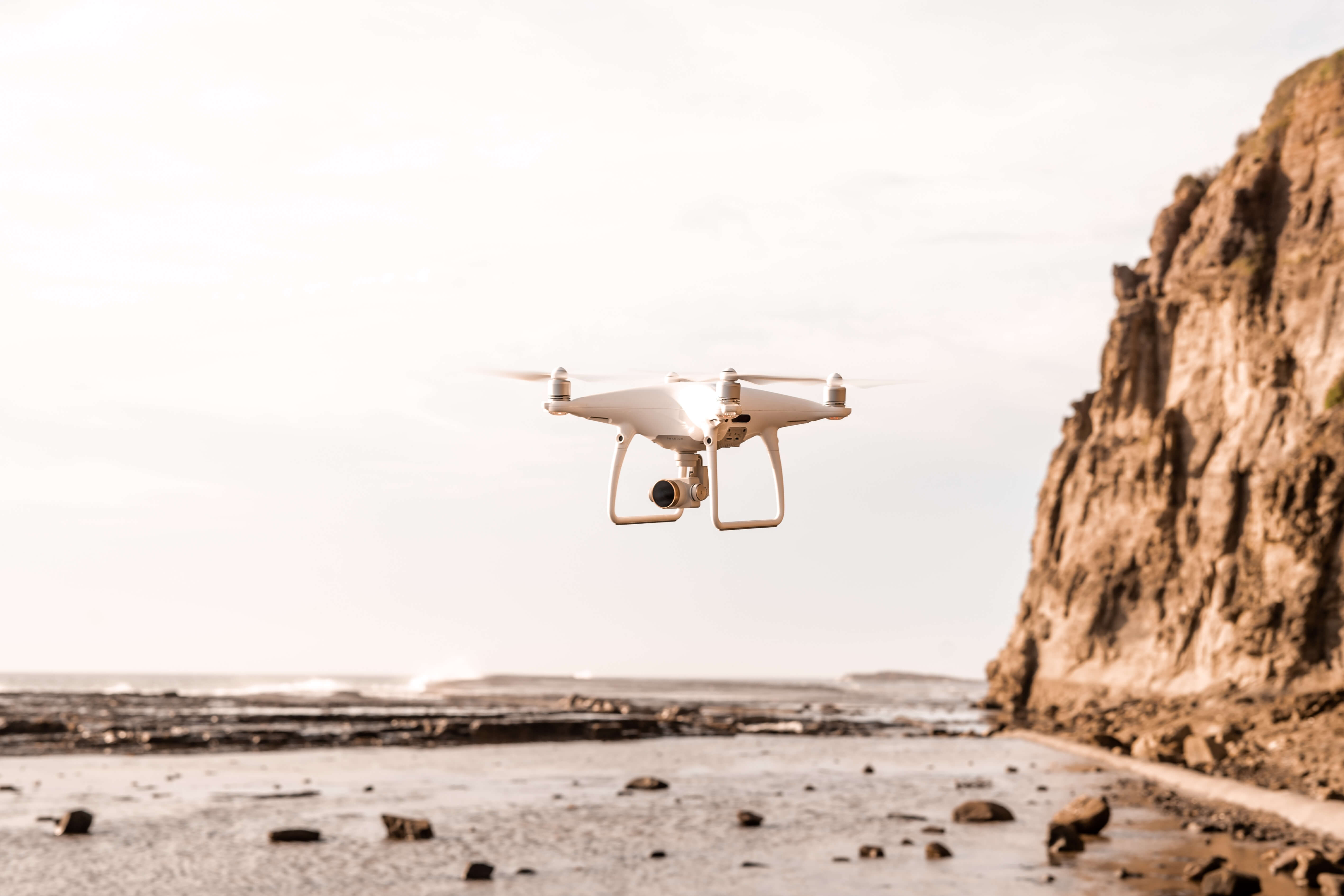
How Long Can A Drone Fly Without Recharging ?
The flight time of a drone without recharging depends on various factors, including the drone model, battery capacity, payload weight, flight conditions, and flying style. Here are some general guidelines for different types of drones:
- Consumer/Recreational Drones: Consumer drones typically offer flight times ranging from around 10 to 30 minutes. Entry-level drones may have shorter flight times, while more advanced models can provide longer flight durations. Drones in this category are designed for recreational use and often have smaller batteries and lighter payloads.
- Professional/Commercial Drones: Professional-grade drones, such as those used for aerial photography, videography, or industrial applications, tend to have longer flight times. They can typically fly anywhere from 20 minutes to over an hour, depending on the specific model and battery capacity. Professional drones often have larger batteries and more efficient power systems to support extended flight durations.
It's important to note that flight times specified by manufacturers are typically under optimal conditions, such as flying at a constant speed without strong winds. Actual flight times may vary based on real-world conditions and factors like flying style, payload weight, temperature, and battery health.
To maximize flight time and efficiency, it's advisable to:
- Fully charge the drone battery before each flight.
- Avoid unnecessary acceleration, aggressive maneuvers, or heavy payloads.
- Fly in favorable weather conditions with minimal wind.
- Optimize flight settings, such as reducing the drone's speed or adjusting altitude, when appropriate.
- Consider carrying spare batteries for extended flight sessions.
It's always recommended to consult the specific drone's user manual and check the manufacturer's specifications for accurate information on flight times for a particular model.
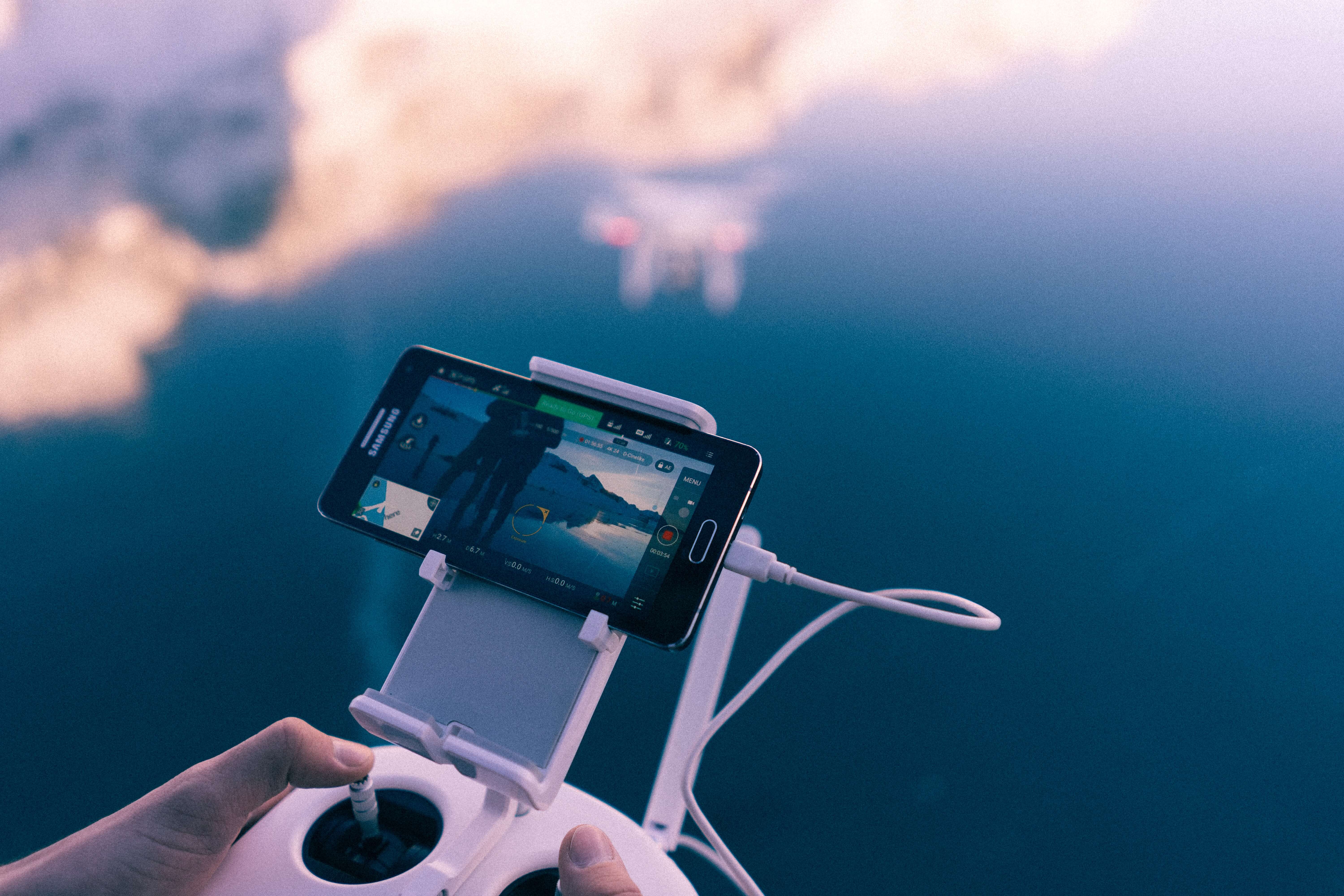
How Far Away Can You Fly A DJI ?
The maximum range at which you can fly a DJI drone depends on various factors, including the specific model, the transmission system used, and local regulations. Here's an overview of the general range capabilities of some popular DJI drone series:
- DJI Mavic Series: The Mavic series drones, such as the Mavic Air 2 and Mavic 2 Pro, offer a maximum range of up to 10 kilometers (6.2 miles) in optimal conditions. These drones utilize DJI's OcuSync or OcuSync 2.0 transmission systems, which provide a stable and reliable connection between the drone and the remote controller.
- DJI Phantom Series: The Phantom series drones, such as the Phantom 4 Pro V2.0, typically offer a similar maximum range of up to 7 kilometers (4.3 miles) using DJI's Lightbridge transmission technology. However, it's important to note that the range can be affected by environmental factors and interference.
- DJI Mini 2: The DJI Mini 2 has a maximum range of up to 10 kilometers (6.2 miles) as well. It utilizes DJI's enhanced Wi-Fi transmission system to maintain a reliable connection with the remote controller.
It's important to mention that while DJI drones have impressive maximum range capabilities, it's crucial to fly within legal limits and comply with local regulations. Always maintain visual line of sight (VLOS) with your drone during flights, and be aware of any airspace restrictions or no-fly zones in your area.
Additionally, it's advisable to consider other factors that can affect the range, such as radio interference, environmental conditions, and the specific flight scenario. These factors can impact the drone's signal strength and the reliability of the connection between the drone and the remote controller.
Always follow the manufacturer's guidelines, consult local regulations, and exercise caution when flying at extended distances to ensure a safe and reliable flying experience.

Why Do Cheap Drones Fly Away In Detail ? 10 Reasons
Cheap drones may have a higher likelihood of experiencing issues or "flyaways" compared to more reliable and higher-quality drones. Here are 10 reasons why cheap drones can be more prone to flyaways:
- Limited GPS and Navigation Systems: Cheap drones often lack advanced GPS and navigation systems found in higher-end models. This can result in less accurate positioning and difficulties maintaining stable flight.
- Weaker Signal Transmission: Cheap drones may use less reliable or lower-quality transmission systems, which can lead to weaker signals between the drone and the remote controller. This weak signal can result in loss of control and potential flyaways.
- Inadequate Flight Stability: Cheap drones may lack sophisticated flight stabilization systems found in higher-end models. This can make them more susceptible to instability and difficulties maintaining a steady flight.
- Lack of Obstacle Detection: Many inexpensive drones do not have obstacle detection sensors or intelligent flight modes to avoid collisions. Without these features, cheap drones are more prone to crashes and potential flyaways caused by collisions with objects.
- Limited Battery Life: Cheap drones often have shorter flight times due to smaller and lower-capacity batteries. This can increase the risk of flyaways if the drone's battery drains quickly and unexpectedly while in flight.
- Lower Build Quality: Cheap drones may be constructed with lower-quality materials, leading to potential malfunctions, component failures, or structural weaknesses that can result in unexpected flight behavior or flyaways.
- Lack of Firmware Updates: Cheap drones may not receive regular firmware updates or have limited software support. This can lead to compatibility issues, bugs, or vulnerabilities that may contribute to unexpected flight behavior or flyaways.
- Limited Range and Signal Strength: Cheap drones often have shorter maximum range capabilities and weaker signal strength due to inferior radio systems. This can result in poor connectivity between the drone and the remote controller, increasing the likelihood of flyaways.
- Lack of Pre-flight Checks and Safety Features: Cheap drones may not provide comprehensive pre-flight checklists or safety features that help ensure a safe flight. This can lead to oversight of critical parameters, contributing to potential flyaways.
- Limited Customer Support: Cheap drones may not offer robust customer support, making it challenging to seek assistance or guidance when encountering issues that could potentially lead to flyaways.
It's important to note that not all cheap drones will experience flyaways, and there are exceptions to the factors mentioned above. However, investing in a higher-quality drone from a reputable manufacturer can often provide more reliable performance, better flight control, and increased safety features, reducing the risk of flyaways.
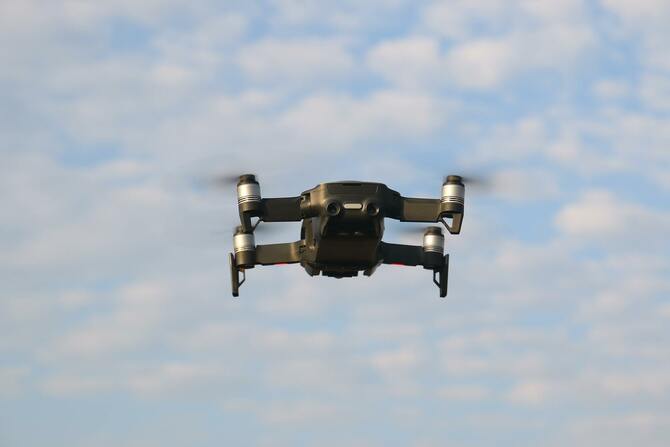
DJI Mavic Drones Features And Advantages ?
However, I can provide an overview of the DJI Mavic series drones that are popular and widely available. Please note that availability, models, and prices may vary, so it's best to check authorized retailers or the official DJI website for the most up-to-date information. Here are some notable DJI Mavic drones:
- DJI Mavic Air 2: The Mavic Air 2 is a compact and powerful drone known for its impressive camera capabilities. It features a 48-megapixel camera sensor that captures stunning photos and records up to 4K/60fps video. The Mavic Air 2 offers a maximum flight time of up to 34 minutes and features intelligent flight modes, obstacle avoidance, and a range of shooting options.
- DJI Mavic 2 Pro: The Mavic 2 Pro is a professional-grade drone that combines advanced camera technology with a foldable design. It features a Hasselblad camera with a 1-inch CMOS sensor, offering 20-megapixel photos and 4K video recording. The Mavic 2 Pro has a maximum flight time of up to 31 minutes and includes intelligent flight modes, obstacle sensing, and a range of creative shooting capabilities.
- DJI Mavic 2 Zoom: The Mavic 2 Zoom is another variant of the Mavic 2 series that prioritizes versatility. It features a 12-megapixel camera with 2x optical zoom and supports up to 4x digital zoom. This allows for unique perspectives and creative aerial shots. The Mavic 2 Zoom offers similar flight performance and features as the Mavic 2 Pro.
- DJI Mavic Mini: The Mavic Mini is an ultra-lightweight and compact drone designed for beginners and casual users. It weighs only 249 grams, making it exempt from certain registration requirements in some countries. The Mavic Mini features a 12-megapixel camera, a maximum flight time of up to 30 minutes, and GPS-based stability. It offers simplified flight modes and basic obstacle detection.
Please note that there may be additional Mavic series models or newer versions available since my knowledge cutoff in September 2021. It's recommended to check the DJI website or authorized retailers for the latest information on Mavic series drones, including availability, specifications, and pricing.
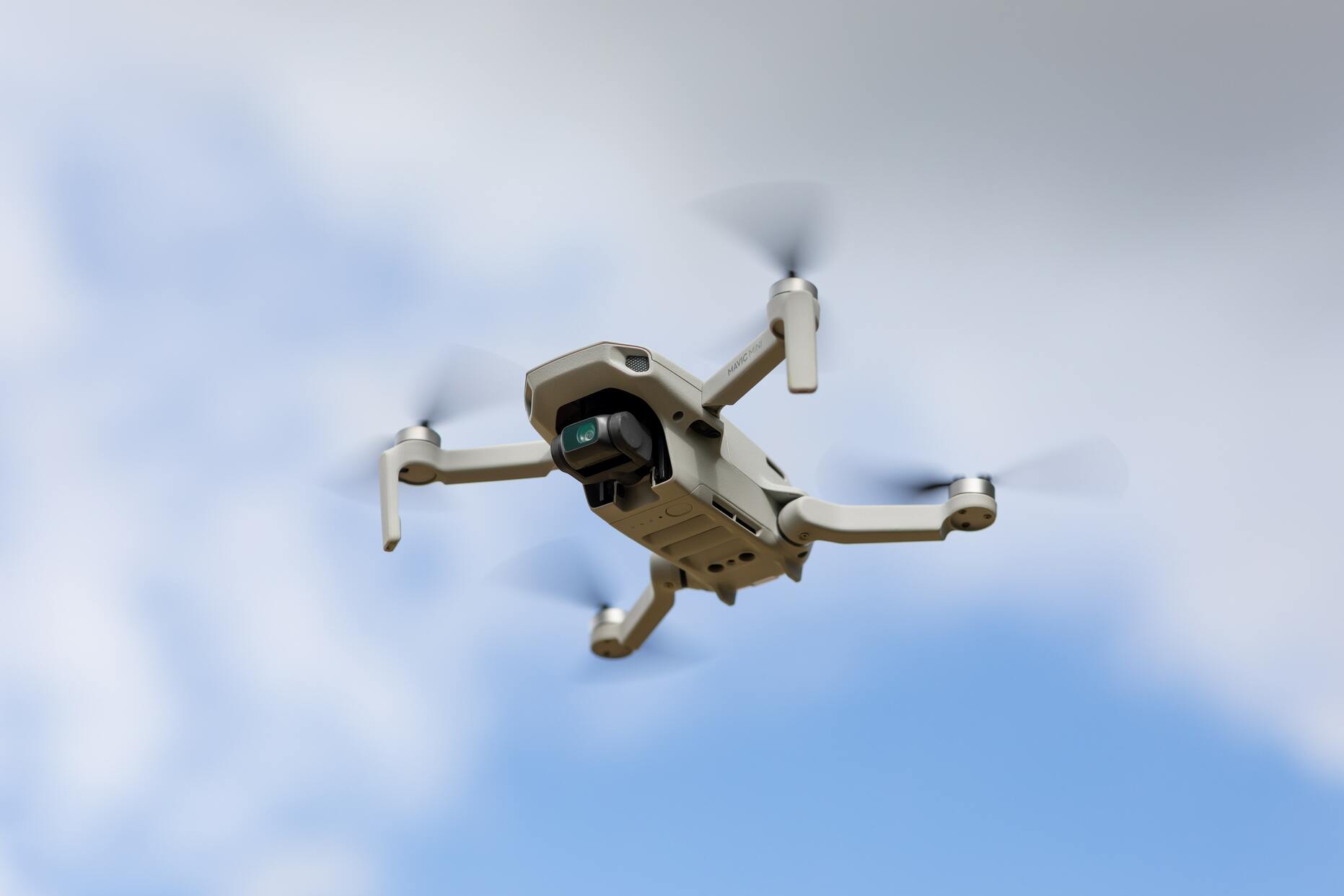
DJI Phantom Drones : Which Ones Are Great ?
I can provide an overview of the DJI Phantom series drones that have been popular and widely available. Please note that availability, models, and prices may vary, so it's best to check authorized retailers or the official DJI website for the most up-to-date information. Here are some notable DJI Phantom drones:
- DJI Phantom 4 Pro V2.0: The Phantom 4 Pro V2.0 is a professional-grade drone known for its advanced camera capabilities and flight performance. It features a 20-megapixel camera with a 1-inch CMOS sensor, capable of capturing high-resolution photos and recording up to 4K/60fps video. The Phantom 4 Pro V2.0 offers a maximum flight time of up to 30 minutes, obstacle avoidance sensors, intelligent flight modes, and a range of shooting options.
- DJI Phantom 4 Pro: The Phantom 4 Pro is the predecessor to the Phantom 4 Pro V2.0 and shares many similar features. It also includes a 20-megapixel camera, 4K/60fps video recording, obstacle avoidance, intelligent flight modes, and a maximum flight time of up to 30 minutes. The Phantom 4 Pro has a slightly different design and uses an earlier transmission system compared to the V2.0 version.
- DJI Phantom 4 Advanced: The Phantom 4 Advanced is a variant of the Phantom 4 series that offers many similar features to the Pro models but at a slightly lower price point. It includes a 20-megapixel camera, 4K/60fps video recording, obstacle avoidance, intelligent flight modes, and a maximum flight time of up to 30 minutes.
Please note that there may be additional Phantom series models or newer versions available since my knowledge cutoff in September 2021. It's recommended to check the DJI website or authorized retailers for the latest information on Phantom series drones, including availability, specifications, and pricing.
For more information click delivery